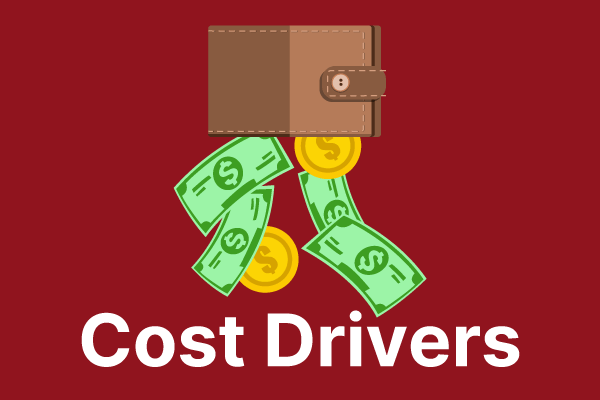 A Cost Driver bill that in effect would have banned the use of technology to help set prices or manage supply levels was held in the Assembly Appropriations Committee last week.
A Cost Driver bill that in effect would have banned the use of technology to help set prices or manage supply levels was held in the Assembly Appropriations Committee last week.
SB 384 (Wahab; D-Hayward) was opposed by the California Chamber of Commerce and a coalition of industry groups, who pointed out the bill would have made it harder for businesses to offer discounts and competitive pricing to their customers.
In fact, SB 384 did what the business community has cautioned against in recent years: the bill sought to regulate artificial intelligence technology itself rather than its misuse.
That approach was certain to stifle innovation and cause significant damage to the California economy, hurting small businesses and consumers, the coalition warned.
By removing a valuable tool for setting dynamic pricing and imposing significant costs on all businesses that use pricing algorithms, SB 384 would have reduced competition rather than promoting it.
Like several other pricing algorithm bills moving through the Legislature, SB 384 appeared to be rooted in the mistaken assumption that pricing algorithms are inherently problematic or unlawful.
Pricing algorithms are common tools that enable businesses to reduce costs, improve efficiency by avoiding manual pricing, and dynamically adjust prices in response to market conditions and changes in supply and demand. Ultimately, pricing algorithms can reduce consumer costs without involving anticompetitive conduct.
Users of pricing algorithms include retailers (to ensure they are offering consumers the most competitive prices), real estate agents (to help clients set home prices), and banks (to set terms such as rates and fees for services). Industries using algorithms for dynamic pricing include hospitality, airlines, transportation network companies, utilities, and ticket venues.
SB 384’s failure to move out of Assembly Appropriations marked a victory for CalChamber and the coalition. As they emphasized to legislators, existing federal and state laws already prohibit competitors from colluding on pricing in any manner. Moreover, use of a pricing algorithm doesn’t inherently constitute price fixing.

